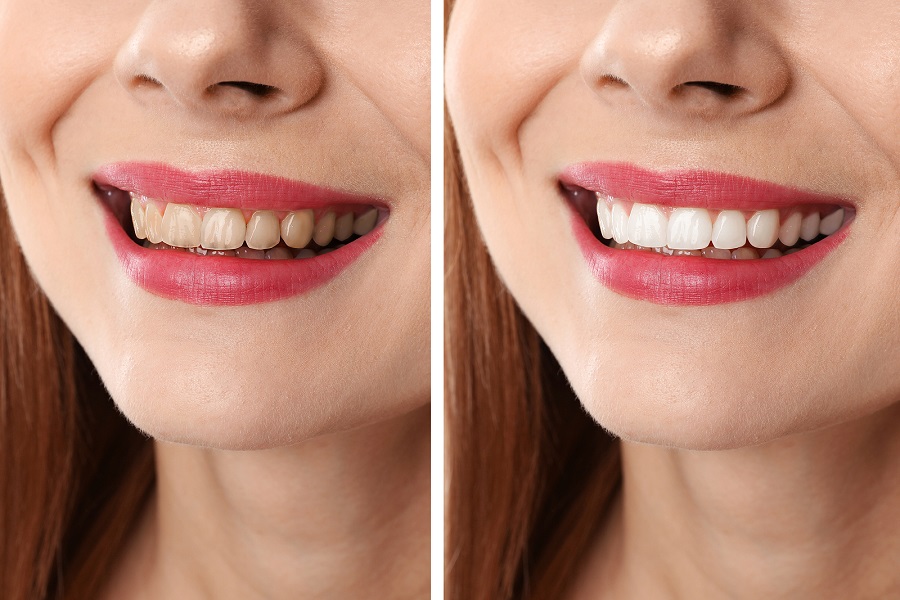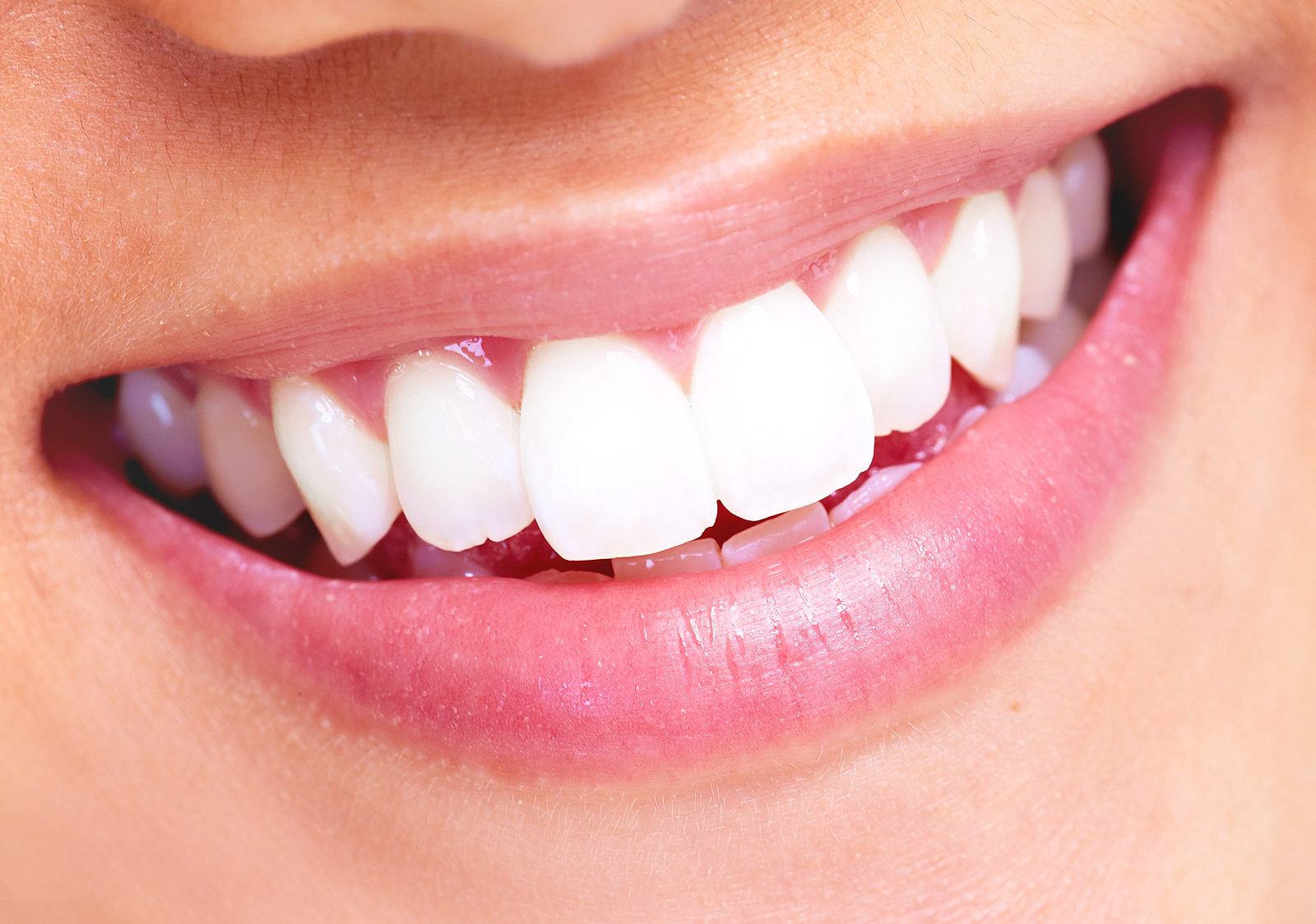HOW POOR ORAL CARE AFFECTS YOUR OVERALL HEALTH
Poor oral care goes beyond affecting your mouth. Did you know it can lead to heart disease? In fact, it can even have detrimental effects on pregnancy. Taking care of your oral health can be greatly simplified by following a few tips. It is important that you share with your family the importance of taking care of their oral health as this will improve the overall health of your loved ones. Let’s take a look at oral health care and a few tips you can implement to help steer clear of pregnancy complications, heart disease, and osteoporosis.
ORAL CARE & HEART DISEASE
It’s shown that those with gum disease who are in a moderate or advanced stage are much more likely to be at risk for heart disease when compared with people who have healthy gums. The studies also concluded that a person’s oral health can provide physicians with warning signs for heart disease and other conditions. It is the spread of bacteria that links oral health and heart disease. When bacteria spreads throughout the body, this can ultimately lead to negative effects like inflammation on the heart, thus causing heart disease. Some people who don’t have good oral health end up developing endocarditis, which is when infection sets up in the inner lining of the heart. Two other forms of heart disease that are sometimes directly related to poor oral health are stroke and atherosclerosis.
ORAL CARE & PREGNANCY
There is evidence pointing toward the link between poor oral care and pregnancy complications. From underweight newborns to premature births, poor oral health seems to trigger an increased level of biological fluids; this leads to the potential of going into labor early. An early labor of course increases the chances that the newborn will be born underweight. It is not uncommon for women who are pregnant to develop gingivitis. Symptoms of this condition include bleeding and inflamed gums. The reason many pregnant women develop this gingivitis is because of their increased levels of hormones, which magnifies how the gums respond to the irritants found in the build up of plaque; this is not to insinuate hormones are the cause of the gingivitis, rather it is the build up of plaque.
ORAL CARE & OSTEOPOROSIS
People who suffer from periodontal disease often suffer bone loss, which is commonly referred to as osteopenia. Periodontal disease leads to inflammation because of a chronic infection of the tissue that is found around the teeth; this results in decay of the oral bone as well as in the periodontal ligament. If not treated properly, this will likely lead to tooth loss. Osteoporosis and poor oral care are linked together because inflammation of the gums increases the number of inflammatory proteins in the body, which stimulates bone resorption. It is important to note that periodontal disease and osteoporosis are more prevalent in those who are older. People with a family history of either or both diseases are also more likely to suffer from them. Women who have an estrogen deficiency should also be on the lookout for either disease, as well as people who smoke. Not only does smoking increase the odds that a person will develop periodontal disease or osteoporosis, but it also worsens the progression state of both conditions. There are many ways in which oral care affects your health, especially if you are a woman. This is why it is so important to make sure you are taking care of your oral health. Some of the simplest ways to ensure your oral health is by brushing your teeth twice a day and by flossing. You can also use anti-bacterial mouthwash to help ensure as much bacteria as possible is killed in your mouth, which will greatly reduce the risk of you developing periodontal disease. Following these simple tips is an effective way to steer clear of oral health problems, which then reduces your chances of developing pregnancy complications, osteoporosis, and heart disease. Make sure you share these tips with your family to lessen their chances of developing oral health problems, too. And most importantly, make sure you visit a oral health specialist, like a dentist, regularly to have your teeth cleaned.






















0 comments